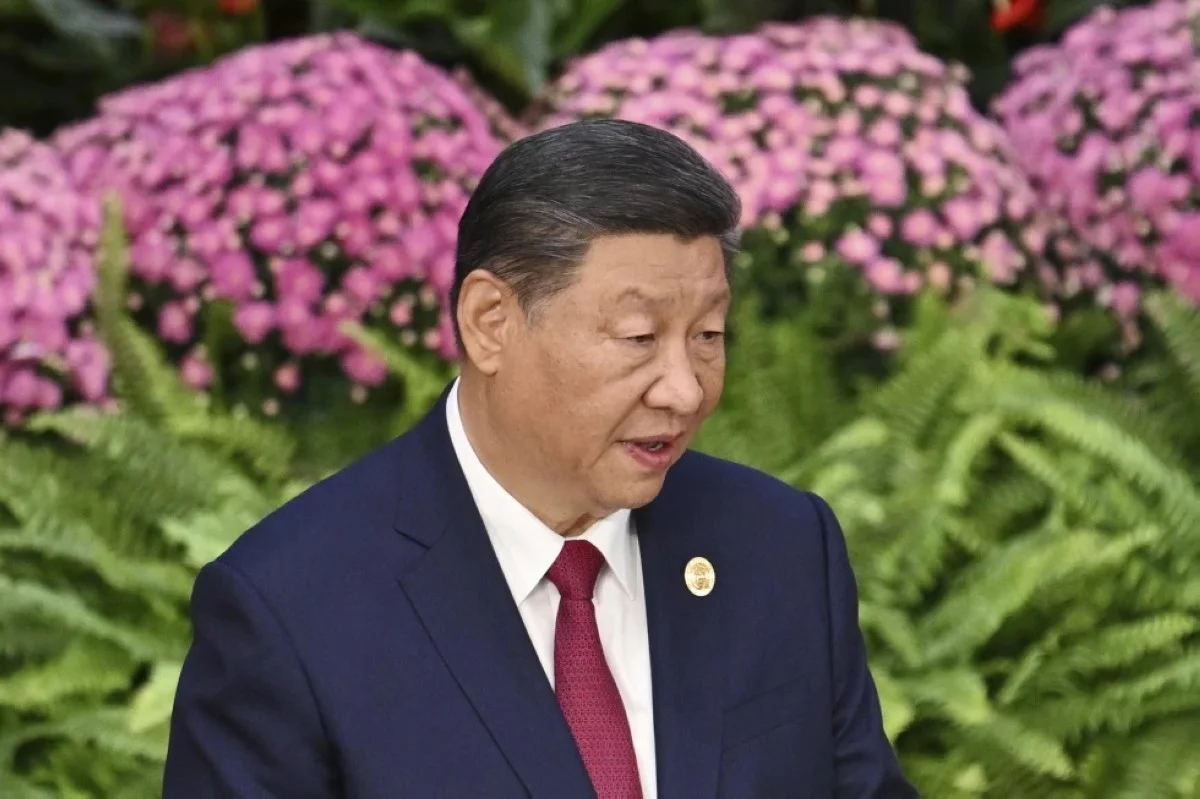24/09/2024
24/09/2024

WASHINGTON, Sept 24, (AP): Partnerships between the US and China at universities over the past decade have allowed hundreds of millions of dollars in federal funding to aid Beijing in developing critical technology that could be used for military purposes, congressional Republicans asserted in a new report. The report said US tax dollars have contributed to China's technological advancement and military modernization when American researchers worked with their Chinese peers in areas such as hypersonic weapons, artificial intelligence, nuclear technology and semiconductor technology.
The report, released Monday by Republicans on the House Select Committee on the Chinese Communist Party and the House Education and Workforce Committee, raised concerns over the national security risks of scientific collaborations that were once celebrated. It urged stronger safeguards and more robust enforcement. The committees conducted a yearlong investigation into higher education's role in the economic rivalry with China, especially when it comes to technology.
While American universities don't engage in secret research projects, their work - often among the best in the world - has the potential to be turned into military capabilities. The US House of Representatives this month approved about two dozen China-related bills, with a clear goal to compete with Beijing in the tech field. The bills, which still need to be approved by the Senate, seek to ban Chinese-made drones, restrict China-linked biotech companies in the US market, and cut off remote Chinese access to advanced US computer chips.
Other measures include those to curb Beijing's influence on US college campuses and to revive a Trump-era program meant to root out China's spying and theft of intellectual property at American universities and research institutes. That's despite such efforts raising concerns about racial profiling and the ability to keep up exchange programs that boost tolerance between the two countries.


